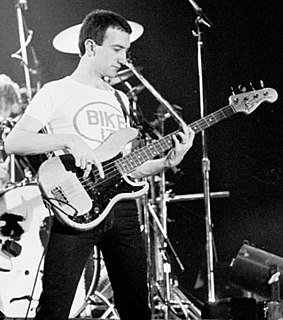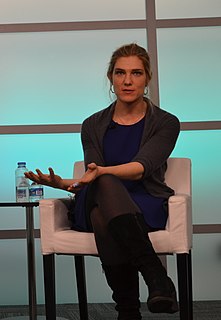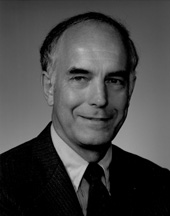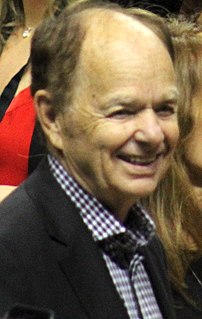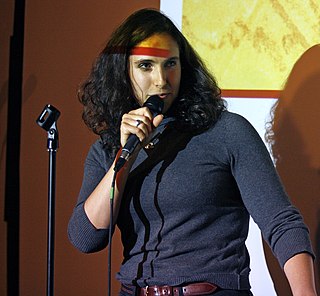A Quote by John Deacon
Brian and I were both science students. You know science sort of math and physics side, you know.
Related Quotes
I studied physics at Princeton when I was a college student, and my initial intention was to major in it but to also be a writer. What I discovered, because it was a very high-powered physics program with its own fusion reactor, was that to keep up with my fellow students in that program I would need to dedicate myself to math and physics all the time and let writing go. And I couldn't let writing go, so I let physics go and became a science fan and a storyteller.
I appreciate and enjoy mathematics and science and all that side of things. I definitely have that side of me even though I'm not by any means an expert, but I love reading about physics and math and that kind of stuff. I wish I knew more than I did. I mean, I read books written for laymen, not textbooks or anything.
My parents didn't know much science; in fact, they didn't know science at all. But they could recognize a science book when they saw it, and they spent a lot of time at bookstores, combing the remainder tables for science books to buy for me. I had one of the biggest libraries of any kid in school, built on books that cost 50 cents or a dollar.
